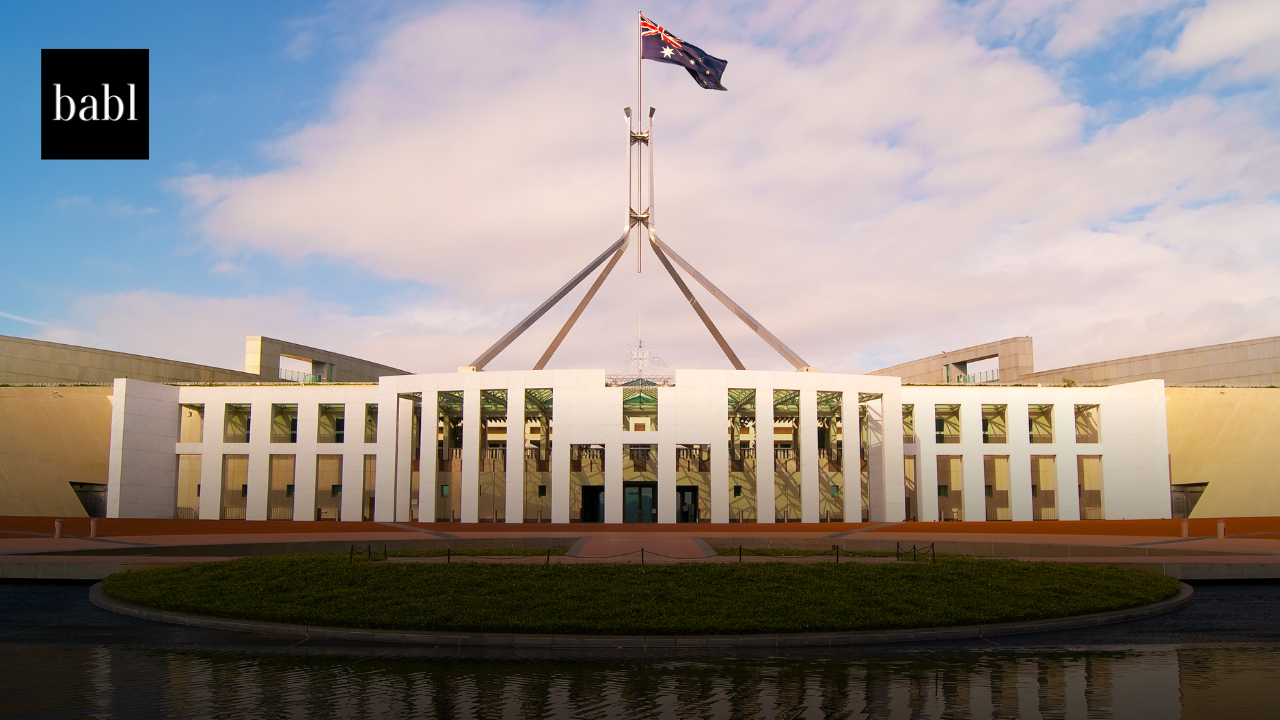UPDATE — JULY 2025: In 2024, Hawaii lawmakers introduced House Bill 1766 (HB 1766) and Senate Bill 2396 (SB 2396) to ban deceptive deepfakes in political advertising. HB 1766 passed the House but stalled in the Senate Judiciary Committee. SB 2396 did not advance. As of now, Hawaii has not enacted legislation to prohibit deepfakes in political campaigns.
ORIGINAL NEWS STORY:
Hawaii Bills Seek to Prohibit Deceptive Deepfakes
A bill seeking to address the issue of deepfakes that people use to spread political misinformation is making some headway in the United States. Lawmakers introduced House Bill 1766 (HB1766) and Senate Bill 2396 (SB2396) in January. Lawmakers have taken several actions on the bills since January.
The bills note that deceptive and fraudulent deepfakes have become a tool for spreading political misinformation that erodes public trust in government and elections. The purpose of the bills is to prohibit the distribution of deceptive and fraudulent deepfake media targeting candidates before elections, in order to combat the spread of this kind of misinformation in Hawaii.
Proposed Amendments to State Election Law
Both bills propose adding new sections to Hawaii Revised Statutes Chapter 11 to implement these prohibitions. Specifically, HB1766 would prohibit any person from distributing, within 90 days prior to a primary or general election, a synthetic media message in an electioneering communication that depicts a deceptive and fraudulent deepfake of a candidate or party. SB2396 contains a similar core prohibition, barring distribution of electioneering communications within 90 days of an election if the person knows or should have known the communication contains deceptive and fraudulent deepfakes of a candidate or party.
However, the bills have some key differences. SB2396 prohibits deepfakes targeting “parties” in addition to candidates, while HB1766 only covers deepfakes of candidates.The bills also differ in their exceptions. Both exempt certain bona fide news broadcasts and publications that clearly disclose questions about the authenticity of deepfake media. HB1766 also contains broader exceptions for satire, parody, and synthetic media where the publisher clearly states it does not accurately represent the candidate’s speech or conduct. To qualify for these exceptions in HB1766, media containing deepfakes must include a clear disclosure statement such as “This [media] has been manipulated or generated by artificial intelligence.”
Enforcement and Penalties
Under both bills, candidates depicted in prohibited deepfakes could file for injunctions to block publication. The Campaign Spending Commission would have the authority to investigate, conduct hearings, and impose fines. Civil lawsuits could also be pursued by those harmed by the deepfakes.
Although the House and Senate bills differ in specifics, lawmakers initially expected to reconcile their differences later in the legislative process.
Need Help?
If you’re wondering how this regulation, as well as other AI regulations and laws around the world could impact you, reach out to BABL AI. Their Audit Experts are ready to help you with your concerns and questions while providing valuable assistance.





